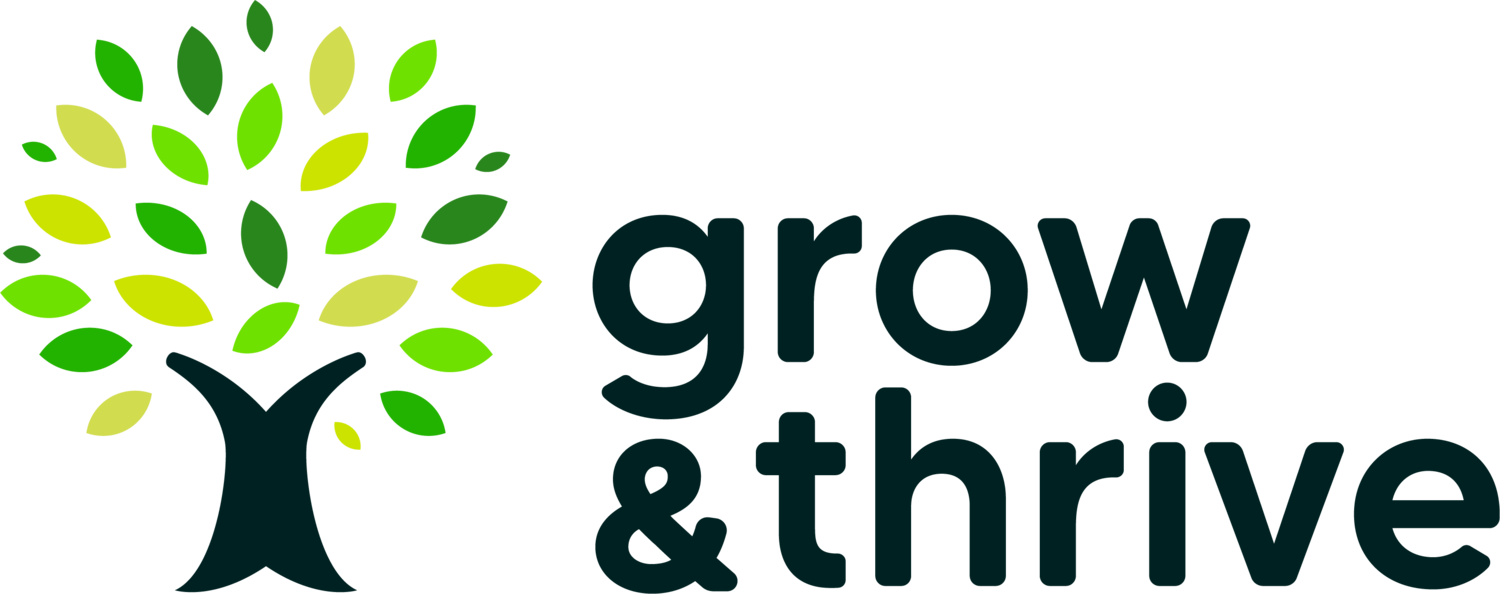Asking the questions
"His/her communication is in line with their cognitive development..."
That is a phrase that I once wrote in discharge reports myself. It is what is termed cognitive referencing. It made sense at the time but it's now one that I have deleted from my clinical phrase book. As my journey into complex needs, and into Augmentative and Alternative Communication (AAC) has progressed I have reflected on a good many things - this being one of them.ASHA is the American professional body for Speech and Language Therapists (or SLPs as they are in the US). Their position paper on Cognitive Referencing is clear.
"Cognitive Referencing is the practice of comparing IQ scores and language scores as a factor for determining eligibility for speech-language intervention. It is based on the assumption that language functioning cannot surpass cognitive levels. However, according to research, some language abilities may in fact surpass cognitive levels. Therefore, ASHA does not support the use of cognitive referencing.
This blog post by Susan Berkowitz popped up on my news feed the very day after I have been having this exact conversation with a colleague, and after an Initial Assessment visit to look at AAC systems for a teenager with complex needs. Aged 14, this young person is now getting access to a robust AAC system for the first time, after a parent had heard of other young people with similar profiles who were AAC users of robust systems. She asked the questions and initiated an assessment.This is an area of controversy in the U.K as access to robust systems of AAC can still be based on the Candidacy Model (e.g. you have to demonstrate pre-requisite skills to get access to AAC) rather than the Participation model (which takes into account all the research that demonstrates that the use of AAC has a positive effect on communication abilities, so the premise that we need to implement AAC to see Communication grow and develop).I have not located a clear position statement on this in the U.K. as yet, but think this is an important question to ask and one I will be looking into further as I continue to support young people and adults with complex to access robust AAC systems.
Jude
Jude is a specialist speech and language therapist, and is co-director at Grow Communication Limited - a social enterprise - based in Scotland. Grow Communication is passionate about unlocking potential, especially through the use of AAC. Www.growsalt.uk

